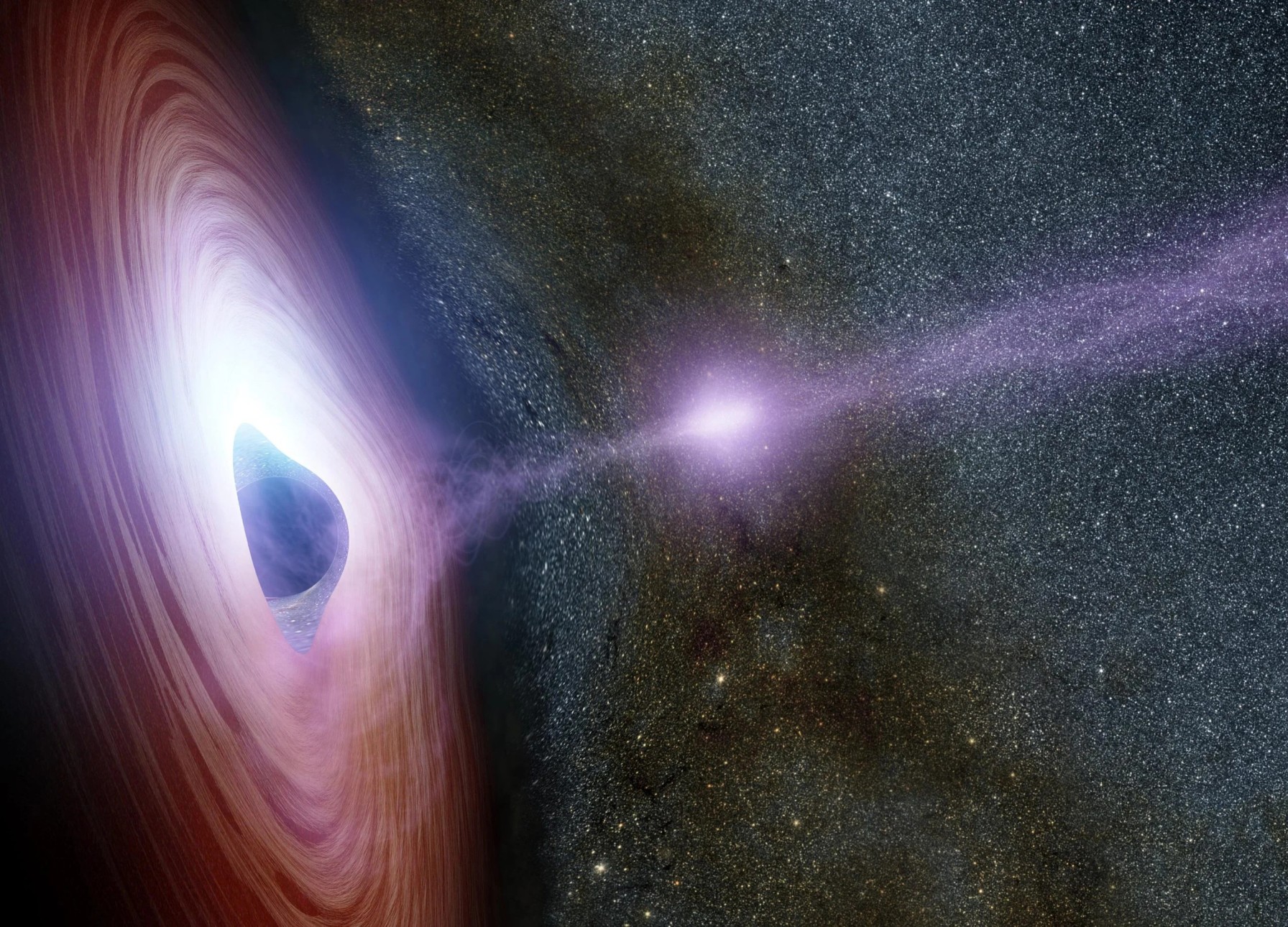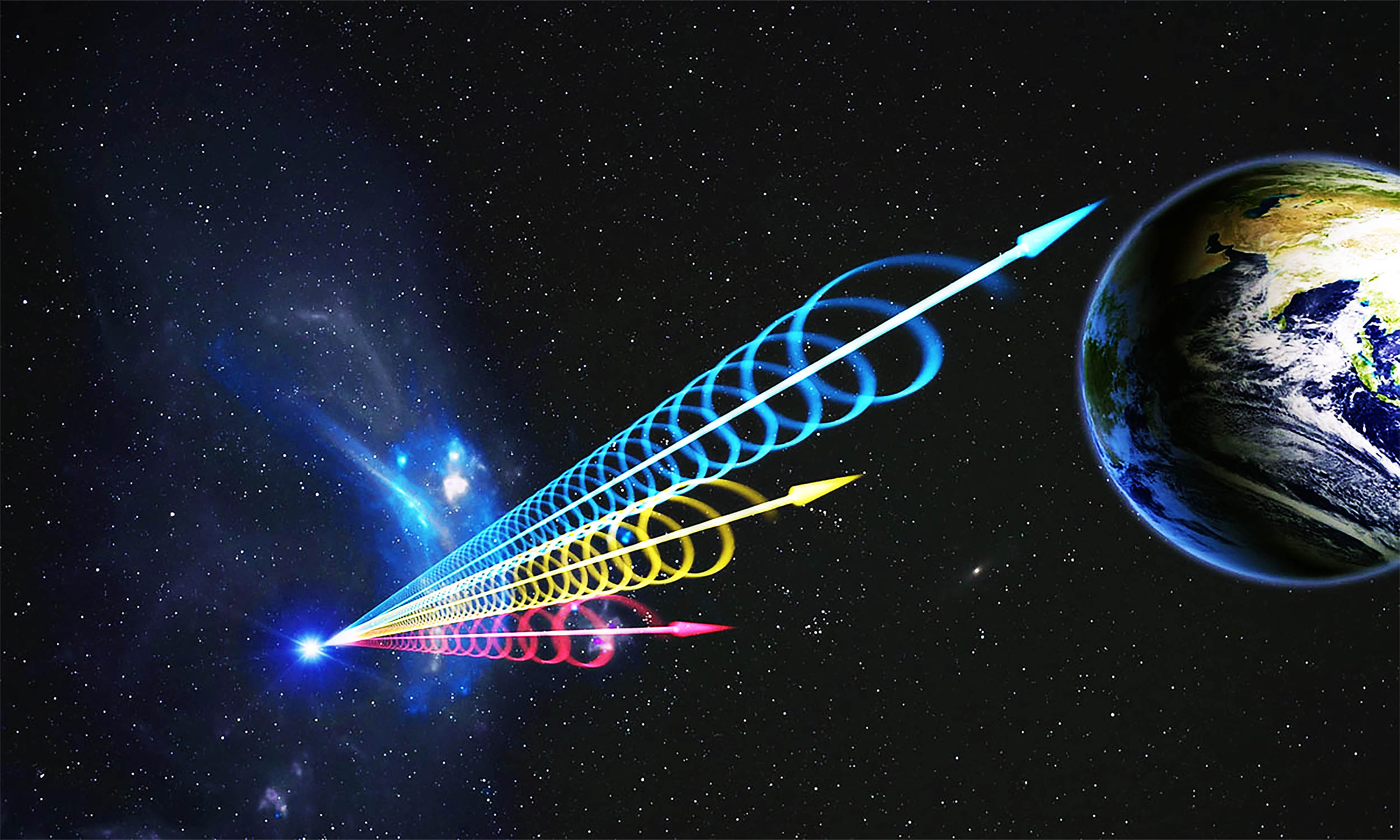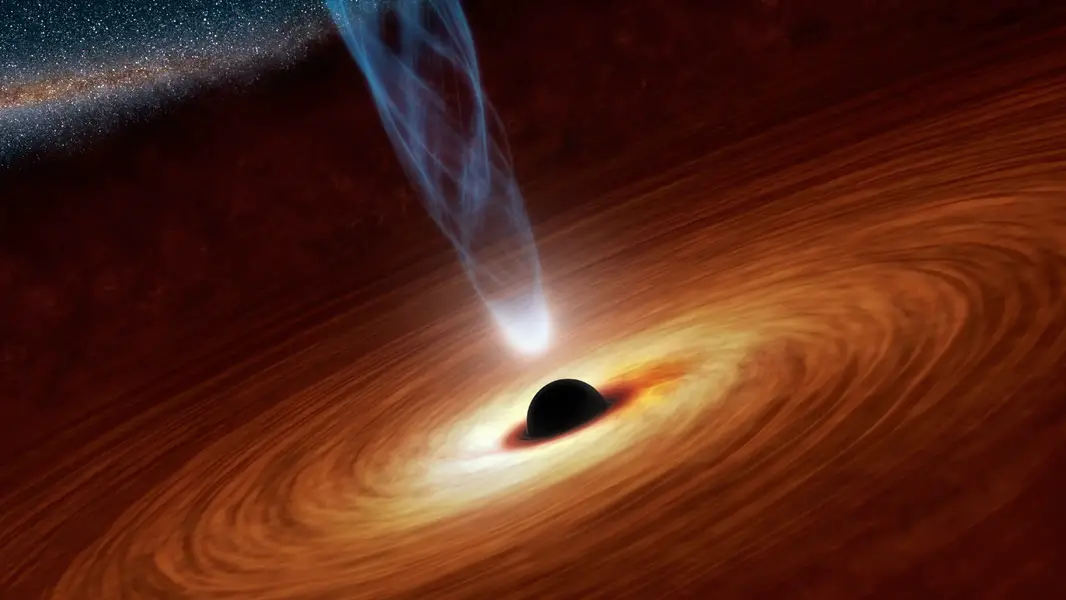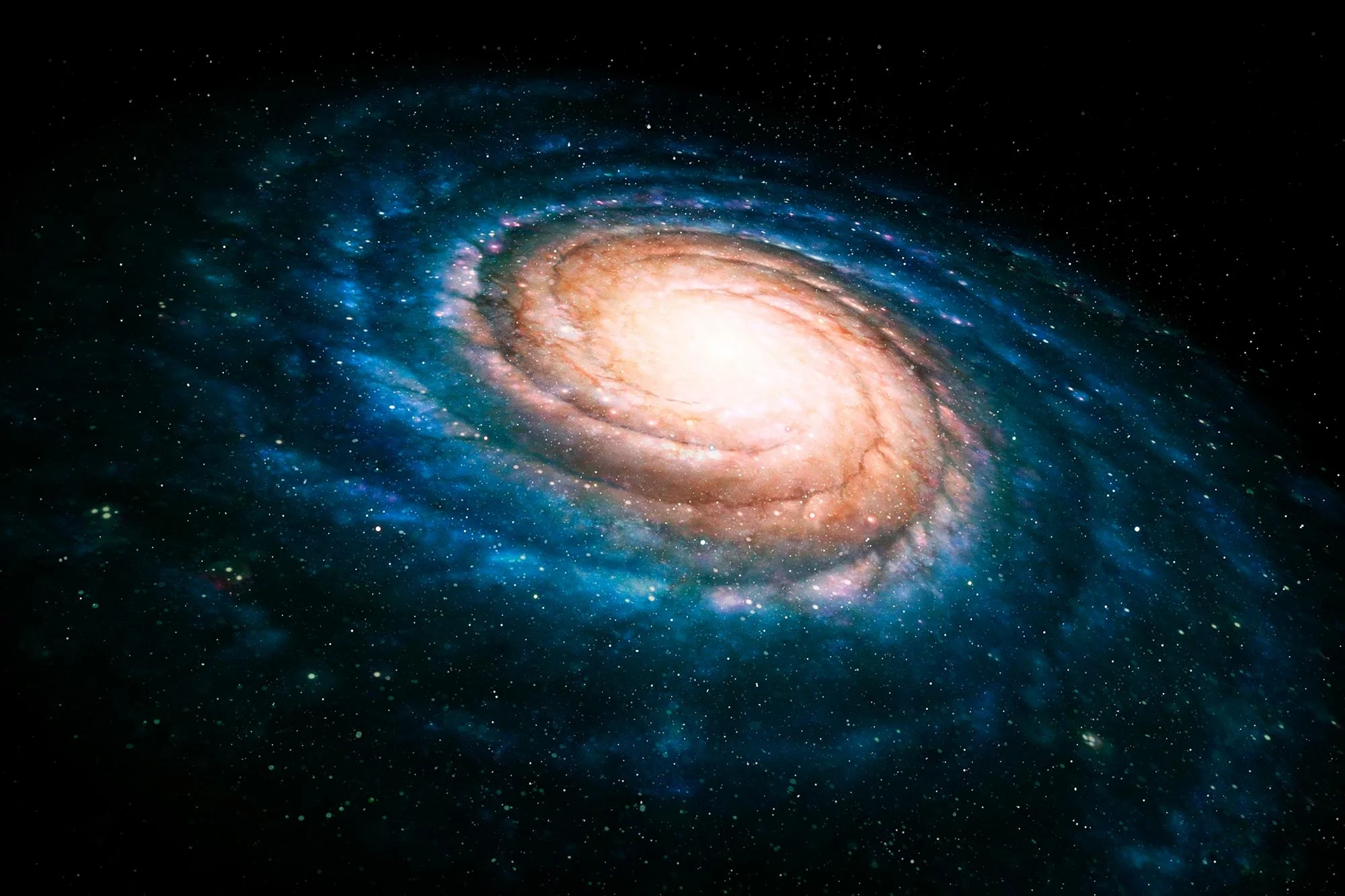The Milky Way spans 100,000 light-years, yet after decades of searching, we’ve heard nothing.
Key Takeaways
- Decades of searching for intelligent life have come up empty, suggesting extreme rarity.
- The absence of aliens gives humanity the freedom to explore and shape its destiny.
- Even if aliens exist, immense distances make communication and contact nearly impossible.
- Despite scanning for radio signals and technosignatures, no evidence has been found.
- Earth developed life early, but intelligence took billions of years—suggesting it’s incredibly rare.
________
The Great Silence: Why the Universe Feels Empty
For decades, scientists have searched the cosmos for signs of intelligent life. Yet, despite massive efforts like the Search for Extraterrestrial Intelligence (SETI), the Universe remains silent. This puzzling contradiction is known as Fermi’s Paradox: If life is common, where is everyone?
One explanation is that life is rare. The Earth formed about 4.5 billion years ago, and life emerged quickly—yet intelligence took nearly 4 billion years to develop. If intelligence were common, some species should have emerged long before us and spread across the galaxy. However, no such signs exist.
Another possibility is that advanced civilizations self-destruct. The “Great Filter” theory suggests that technological progress may lead to self-destruction through nuclear war, environmental collapse, or other disasters. If this pattern holds, most intelligent species might not survive long enough to contact others.
Alternatively, the vastness of the Milky Way itself could be the answer. Our galaxy is 100,000 light-years across, and even our strongest radio signals fade into background noise after just a few light-years. If aliens exist, their signals might simply be too weak or too different for us to recognize.

The Freedom of an Empty Galaxy
While the silence of space might seem lonely, it also means we have no interstellar competition. There are no alien invasions, no wars over resources, and no superior civilizations shaping our future. Instead, humanity has the freedom to explore, grow, and discover at its own pace.
Even if intelligent life is rare, life itself may still be widespread. Scientists continue searching for biosignatures on distant planets and microbial life within our own Solar System. The discovery of even simple alien life would prove that Earth is not unique.
Ultimately, whether we are alone or not, the vastness of the cosmos is both a challenge and an opportunity. If humanity is the only intelligent species in the Milky Way, that makes our existence all the more special—and our responsibility to protect our planet and explore the stars even greater.




